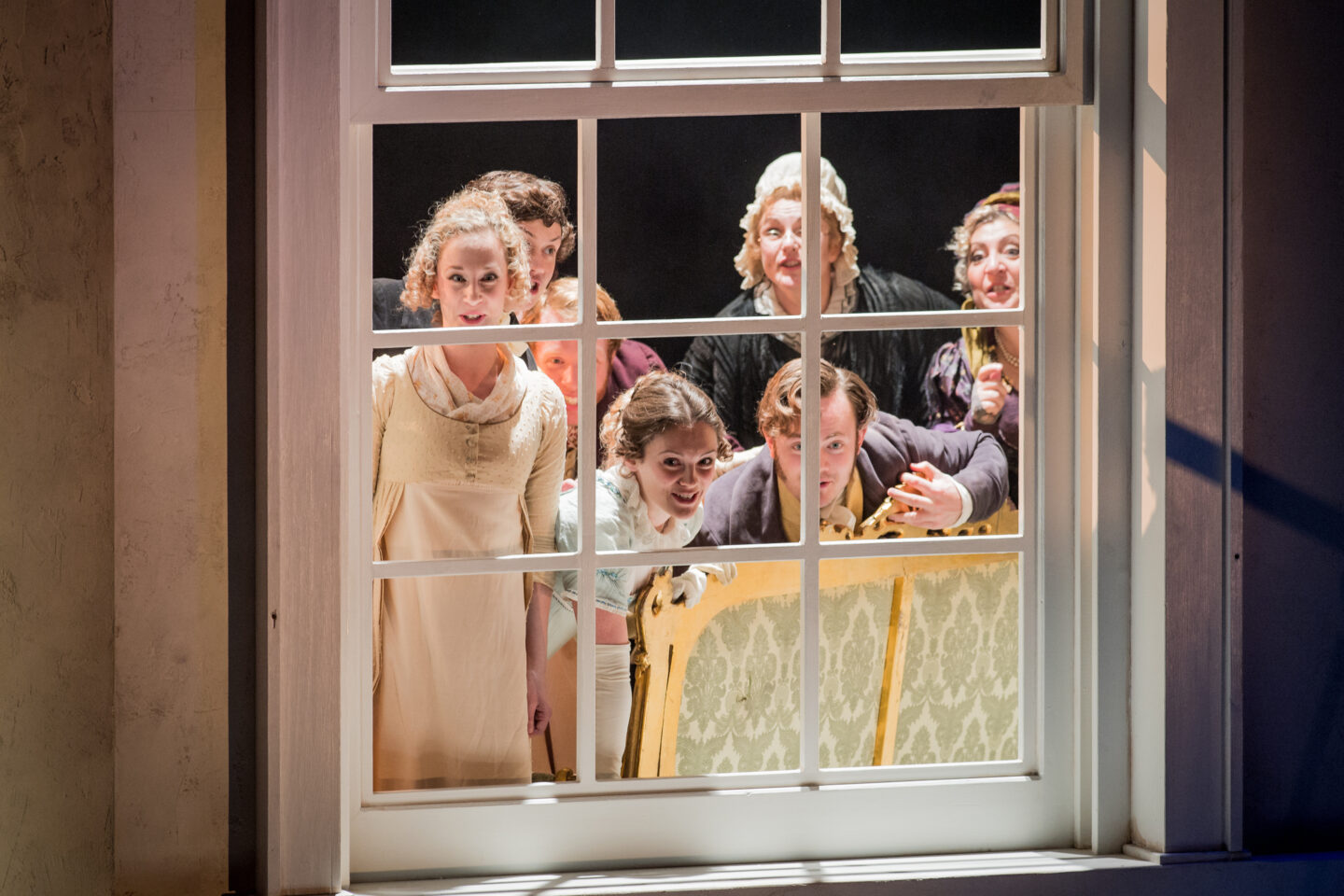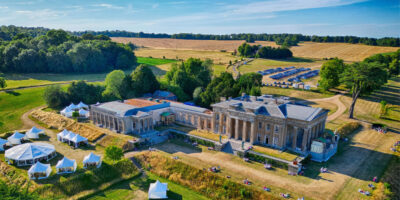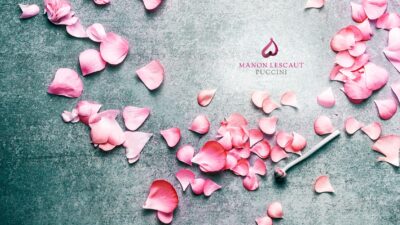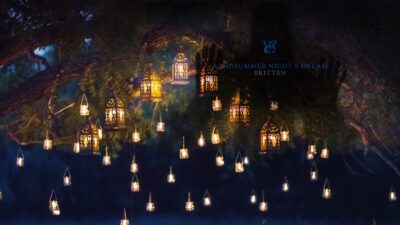
The silence of the Lamb
Insight |
Giving Mansfield Park’s Fanny Price a voice.
When I first read Mansfield Park, I heard music. That doesn’t always happen when I read, and it certainly didn’t happen with Jane Austen’s other novels. But there’s something about this particular book that provoked musical ideas.
Music is often involved in Austen’s stories: there are dances and private concerts, many of her heroines play the piano (as did Austen herself) and some of them sing. In Mansfield Park, Fanny Price’s opponent Mary Crawford plays that dangerously romantic instrument, the harp.
But what elicited music to me was not the presence of instruments in the story, but something beneath the surface. I think it was the way the heroine so often suffers in silence. Austen offers clues to her feelings, but unlike the lively Emma Woodhouse or the high-spirited Elizabeth Bennet, Fanny does not express them. To me, her reticence invited music, a way of revealing those hidden emotions.
Two scenes stood out as especially poignant – and musical.
In the first, Fanny’s beloved Edmund is distracted and entranced by the vivacious Mary Crawford, but one evening he joins Fanny to gaze out of the window at the stars. Fanny is overjoyed – but then Mary starts to sing, and Edmund is drawn back into the room away from the window where Fanny now stands alone, looking out into the night.
This follows a scene in which Fanny – alone, seated on a bench – helplessly watches Edmund as he walks off to explore a wilderness beyond the garden with Mary Crawford.
These scenes have haunted me for years. Fanny’s pained silences gave me the impulse to write music for her, and I began to think about a Mansfield Park opera.
It was an idea that wouldn’t go away. In between other projects, it resurfaced and asked for attention. The kind of music that I imagined for it changed and developed over time (it was only when I started to write in earnest that it really crystallised) but the feelings the story provoked remained surprisingly constant.
I discovered that I was not the first to think that Mansfield Park could make an opera. In 1946, while rehearsing The Rape of Lucretia at Glyndebourne, Benjamin Britten was asked by John Christie to think of writing a comedy, and he started working on Mansfield Park. He made a detailed synopsis, and Ronald Duncan got as far as drafting the libretto for act one. Britten wanted a mezzo-soprano to play Fanny Price. (I independently came to the same conclusion. The inward nature of her character suggests that darker voice, while the extrovert Mary Crawford needs all the flamboyant display of a soprano.) Britten was imagining Kathleen Ferrier as Fanny Price, and Peter Pears as Edmund Bertram. But work stalled. Colin Graham – the director who worked with Britten at the English Opera Group – told me that when tongues started to wag about the new opera, Britten abandoned it: the composer hated public speculation about his work in progress. Instead, he wrote Albert Herring.
Over the years, I often mentioned my fantasy Mansfield Park opera. People
sometimes shared my enthusiasm, but it never went any further. Then in 2006, while rehearsing The Enchanted Pig with John Rawnsley at the Young Vic, John told me about the newly formed Heritage Opera company, of which he was a patron. The outfit specialised in taking opera to stately homes and historic buildings, and it dawned on me that this might be the perfect company to commission and produce my fantasy opera. I’d always imagined it happening in a stately home, accompanied by just a piano. After all, singing around the piano is an entertainment that Jane Austen would immediately have recognised. And a central scene in the novel involves a group of young people rehearsing a play in the drawing room of a country house.
Heritage Opera made my dreams into reality, and my chamber opera was premiered at Boughton House in Northamptonshire in 2011. I was pleased with the four-handed piano accompaniment: it suggested something of the music-making of the period and, in a chamber space, provided ample support for the voices. The music does not pretend to be exactly of the period, but I hope it suggests to 21st-century ears something of the early 1800s, and the unique world of Jane Austen. With Alasdair Middleton’s libretto making some radical cuts to the novel we were able to tell the Cinderella-like story with a cast of just 10. For a lot of the time, the characters sing in Jane Austen’s own words.
In its original chamber form, the opera has already enjoyed several productions in the UK and beyond, playing in theatres as well as ballrooms and large halls of stately homes. No sooner did I start wondering what it would be like with an orchestra than I could hear a small chamber ensemble – around a dozen players, still with the piano prominent, but using all the sounds of the period. And I realised that, while I was composing for piano, I had all along been subconsciously imagining other instrumental colours. In the first scene of Act Two, I had even imagined musicians in a distant room practising dances for the ball – a tricky thing to convey when all you have on stage is a single piano. To orchestrate the opera would release those latent ideas, and make them tangible.
And so, with celebrations across the world of the bicentenary of Austen’s death, the Grange festival commissioned a new, orchestral version of her third novel. It is pleasing to think its premiere takes place at the Grange in Northington, just a few miles from Jane Austen’s birthplace, Steventon.
It seems unlikely that Austen would ever have imagined any of her novels as operas – I can’t remember her ever mentioning the artform. But I like to think she might enjoy this one. Film and television adaptations of her work often strike me as far too slow and quiet, compared to the teeming inner life of her characters and the high spirits and caustic remarks of the author. The experience of reading Austen is always energising. I like to think that the opera does a better job of reflecting something of the exuberant vitality of her writing.
Written by Jonathan Dove for The Guardian, original version can be found here.

Stay connected
Join The Grange Festival community and stay connected to a world of enchanting performances and exclusive events.


